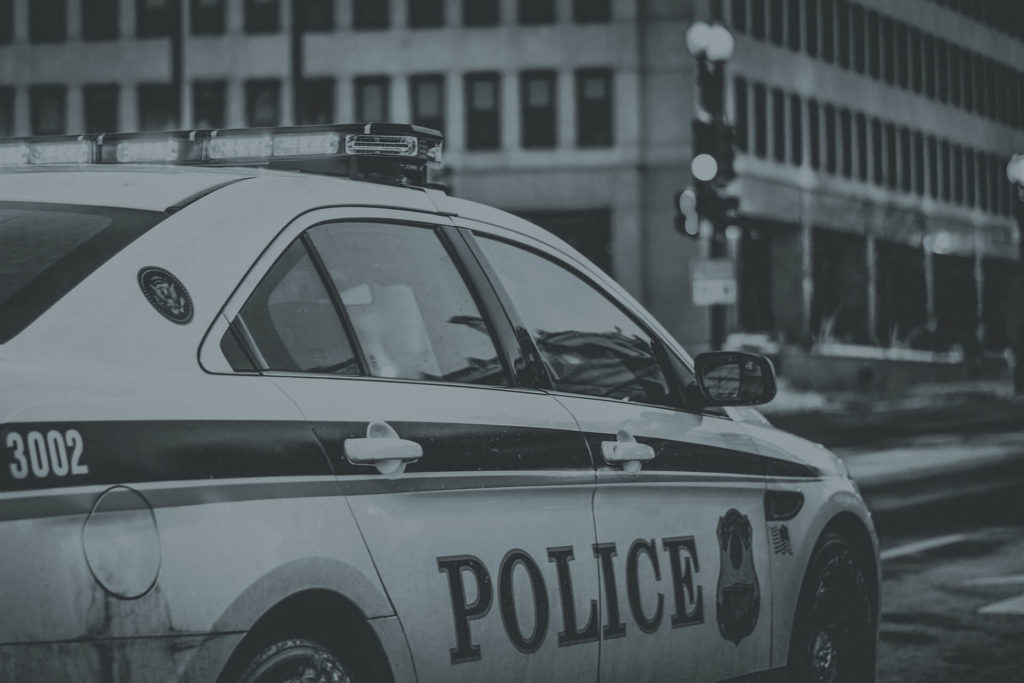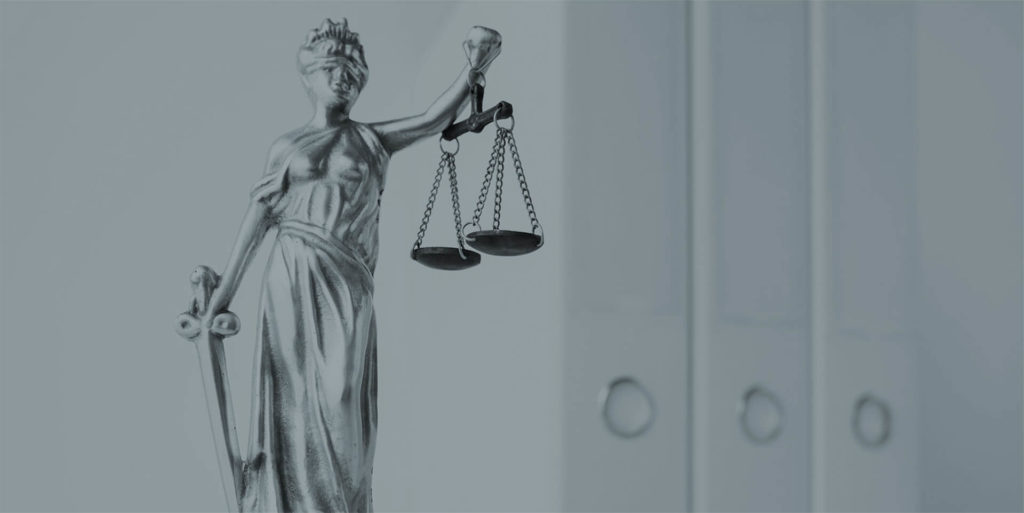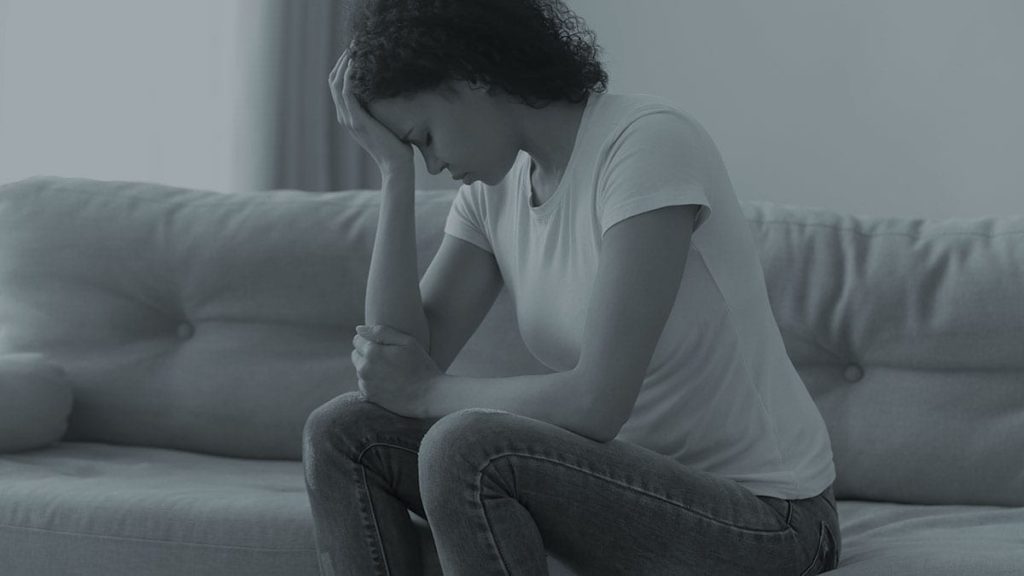Send your enquiry.
Contact us for a free, initial no obligation consultation.
"*" indicates required fields
Your information is safe and treated in accordance with our Privacy Policy
You will probably be arrested and taken to a police station if you are found in possession of cocaine or any other class A drug.
What happens next is up to the police and the Crown Prosecution Service (CPS). You may be prosecuted. Or, you may be given warning or a caution – but only if it is your first offence and the quantity of drugs is very small. Our criminal defence solicitors explain more.
Caught With Cocaine
If you have been caught in possession of illegal drugs, contact us now at Ashmans Solicitors. We offer free police station representation. We have offices in London, Leeds, Sheffield, Huddersfield and Dewsbury. We are available to take your call 24 hours a day, 7 days a week.
What happens if you are caught with cocaine in the UK?
Imagine the scene: you are on a night out with your friends and are stopped in the street by the police. You are asked to turn your pockets out, which is when the police find that you are carrying cocaine. In legal speak, this is called ‘possession’.
What happens next?
In most cases, you will be arrested for possession of a controlled substance and taken to a police station. You will be asked to provide your name, date of birth and address. You may also have your photo and fingerprints taken. If you are under the age of 18, the police will call a parent or legal guardian. The cocaine will be seized and tested to confirm it is a controlled substance.
Then, you will be kept in a cell until the police are ready to question you. We strongly recommend that you ask for police station representation at this point. This is free to everyone under the Legal Aid scheme. Do not answer any questions until a solicitor is either present, or has given you advice over the phone.
Related: Caught in Possession of a Controlled Substance? Here’s What to Do
The police will then decide how to proceed. Cocaine is a class A substance, so possession offences are serious. Formal charges and a prosecution are very possible. This means that your case will go to court and you must decide whether to plead guilty or not guilty. You should plead not guilty if you have a defence (discussed in more detail below).
However, prosecutions should only be pursued if:
- There is enough evidence to find you guilty
- It is in the public interest
The police or the CPS may decide that it is not in the public interest to prosecute you. If so, you may get a warning or a caution instead. This is more likely if it is your first possession offence, you did not intend to supply the drugs, and it was only a small quantity.
Will I be arrested for a first-time possession offence?
You can still be arrested for possession of cocaine, even if this is your first offence. Cocaine is a class A drug, which are considered the most detrimental to society. Because of this, possession of cocaine is treated very differently to the possession of class B or class C drugs, such as cannabis.
However, the good news is that first-time offenders rarely get a prison sentence for possession of class A drugs if:
- The quantity of drugs was small; and
- The drugs were for personal use only, as opposed to intended for supply
The police may even decide to give you a warning or a caution, rather than pursue a prosecution.
Will I be arrested if I’m found with a very small amount of cocaine?
You can still be arrested for possessing cocaine, even if the police find a very small amount in your possession. However, the fact that it is a small quantity will work in your favour. This is because the police will likely be convinced that you intended the drug for your own personal use, rather than having the intent to supply.
As with first time offenders, the police may decide to give you a warning or a caution if you are caught in possession of a small amount of cocaine. This decision is made at the police officers’ discretion.
Why does intent to supply matter?
Whether or not you intended to supply the cocaine to other people is of great importance to your case. This is because the conspiracy to supply is a separate offence – and it carries much heavier penalties.
If you are caught in possession of illegal drugs, the police will try to ascertain whether the drugs were for your own personal use (called ‘possession’) or whether you intended to give the drugs to other people (called ‘possession with the intent to supply’).
The intent to supply does not necessarily have to involve the exchange of money – even just handing the drugs out to your friends could be considered as supplying drugs. Also, it does not actually matter whether you managed to supply these drugs to others – just the intent to do so is enough for a conviction.
The police are more likely to argue that you intended to supply cocaine found in your possession if:
- It is a large quantity of cocaine
- It has been weighed and portioned out
- It is ‘uncut’
- Other items are found that suggest the supply and/or production of drugs, such as lists of customer names and numbers, large sums of cash or mobile phones
Penalties for possession of cocaine
The maximum penalty for the possession of a class A drug such as cocaine is seven years’ imprisonment, an unlimited fine or both.
The maximum penalty for the supply or production of a class A drug such as cocaine is up to life in prison, an unlimited fine or both.
These are obviously very severe penalties. You might be very concerned reading this if you have recently been found in possession of cocaine. However, the maximum penalty is rarely handed out, especially for a straightforward possession offence.
In fact, you might not be sent to prison at all. Imprisonment is especially unlikely if it is your first offence, the quantity of drugs is very small, and were not intended for supply. You might still receive a fine, the starting point of which is 150% of your weekly income.
The court can also impose an absolute discharge, a conditional discharge or a community sentence.
An absolute discharge is when no further action is taken against you, but you still get a criminal record.
A conditional discharge is when you serve your sentence outside of prison, subject to certain conditions. If you break these conditions then you face further penalties, as determined by the court.
A community sentence can include:
- Unpaid work
- Participation in specified activities
- Programmes aimed at changing offending behaviour
- Prohibition from certain activities
- Curfew (may involve electronic tagging)
- Exclusion from certain areas
- Residence at a particular place
- Mental health treatment
- Drug treatment and testing
- Alcohol treatment
- Supervision
- Attendance at a particular place
How does the court decide a sentence?
The court has the option to impose:
- A prison sentence (called a custodial sentence)
- An absolute discharge
- A conditional discharge
- A fine
- A community sentence
There is a huge difference between these sentences. The court bases its decision on various factors, including:
- The amount of harm caused
- Your involvement in the crime (known as your ‘culpability’)
- Mitigating factors
- Aggravating factors
The amount of harm caused in a straightforward possession case is likely to be limited. But if you intended to supply the cocaine, then the prosecution will argue that your actions harmed others and society as a whole.
Your involvement in the crime is important. Those who run major drug trafficking operations are dealt with more harshly than those with lesser roles.
Mitigating factors are anything that should persuade the court to show leniency. This might include a first-time offence, good character references, mental health issues and a willingness to participate in rehabilitation. Being a care-giver can also be considered a mitigating factor.
Aggravating factors are the opposite, in that they are anything that might convince the court to increase your sentence. This might include committing the crime while you are on bail, previous possession offences or possessing drugs in a school/prison.
The court will also consider other factors that might affect the eventual sentence. For example, a sentence reduction can be given for an early guilty plea.
What court will your case be heard in?
Possession of a controlled substance is an either way offence. Lesser offences will be heard in the Magistrates’ Court, where the maximum penalty is 12 months’ imprisonment. More serious offences will be referred to the Crown Court.
Related: What to Expect When You Go to Court
What are the defences to possession of cocaine?
You have a defence if you did not know that you were in possession of cocaine. This situation might arise if:
- The drug was planted on you
- You borrowed someone else’s clothes or vehicle which contained the drug, of which you had no prior knowledge
- You were asked to carry something and you could not reasonably know that it contained cocaine
- You knew that you were carrying a substance, but you did not realise that it was cocaine
The success of this defence will come down to credibility. In other words, do the magistrates, judge or jury members believe you? If so, you must be found not guilty.
Will I get in trouble for possessing small amount of cocaine?
In the UK, you can still get in trouble with the law for possessing a small amount of cocaine. Some jurisdictions – such as British Columbia in Canada – have decriminalised the possession of small amounts of illegal drugs for a period of three years, beginning on 31 January 2023. This means that adults will be able to possess 2.5 grams of cocaine without being fined or arrested.
However, England and Wales have not followed suit at this point in time. This means that if the police catch you with cocaine – even a small amount – then you could be arrested and face penalties.
Get immediate legal advice
If you have been caught in possession of cocaine, we recommend that you contact a criminal defence solicitor – such as the solicitors here at Ashmans. It is important to get expert legal advice, particularly at the police station. This is free for everyone.
Getting a solicitor does not make you look guilty or incriminate you. It is a way of protecting your legal rights and ensuring that you are treated fairly by the justice system. We are highly experienced lawyers and can represent you throughout proceedings.
Possession offences affect people from all walks of life, from high-earning professionals to those who have been in trouble with the law before. It does not matter what your situation – we are here to get you the best possible outcome.
Find out more: What Are My Rights If Arrested?
Contact us now
Call us on 0333 009 6275. We are available to take your call 24 hours a day, 7 days a week.
You can also email us on enquiries@ashmanssolicitors.com or complete our Free Online Enquiry Form and we’ll be in touch soon.
Quick facts – possession of cocaine offences
What happens if you are caught with cocaine in the UK?
You will likely be arrested and taken to the police station if you are caught in possession of cocaine in the UK – even if it is a small amount. The police can choose whether to issue a warning or a caution, or whether to lay formal charges.
How long do you go to jail for cocaine UK?
You can go to prison for up to seven years for the possession of cocaine, and longer for the production and supply of cocaine. The maximum sentence is rare and is only given in the most serious of cases.
Will I go to jail for a first offence?
It is unlikely that you would go to jail for the possession of cocaine if this is your first offence AND the cocaine was for your own personal use. You might expect to receive a fine and another type of sentence, such as an absolute discharge, a conditional discharge or a community sentence.
How long can the police hold you for drugs offences?
You cannot be held in police custody for longer than 24 hours without being charged. However, this time limit may be extended if you are vulnerable or if a senior police officer authorises it. If the police want to remand you in custody for longer, permission must be obtained from the Magistrates’ Court. You cannot be held for more than four days without being charged.
Can the police take your phone for evidence UK?
The police can seize and search your phone if they think it may provide evidence in relation to a crime, including drugs offences.
What should I do if I’m caught with cocaine?
Hand the cocaine over to the police. Give them your name, date of birth and address if they ask for it. Go with them to the police station if they arrest you and allow yourself to be checked in. Then, say you want legal representation. You can either have the duty solicitor or a solicitor of your choosing – such as a member of the team here at Ashmans. Police station representation if free. If charges are laid, you should get yourself a solicitor.
Call us on 0333 009 6275. We are available to take your call 24 hours a day, 7 days a week.
You can also email us on enquiries@ashmanssolicitors.com or complete our Free Online Enquiry Form and we’ll be in touch soon.




